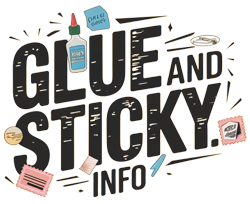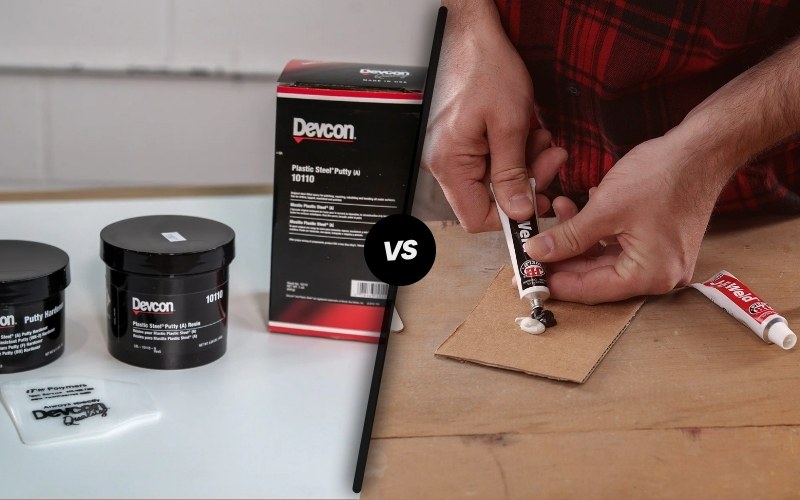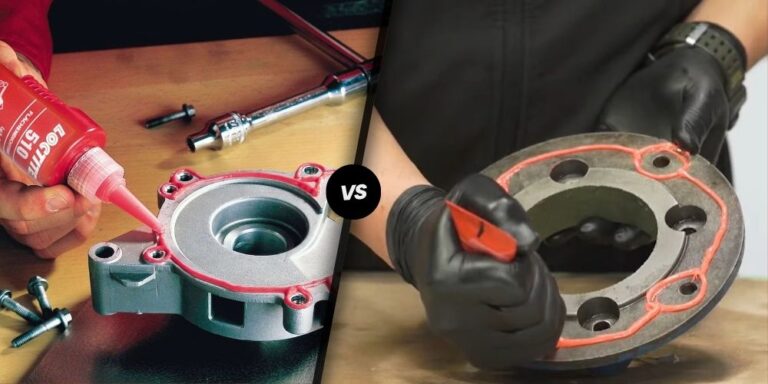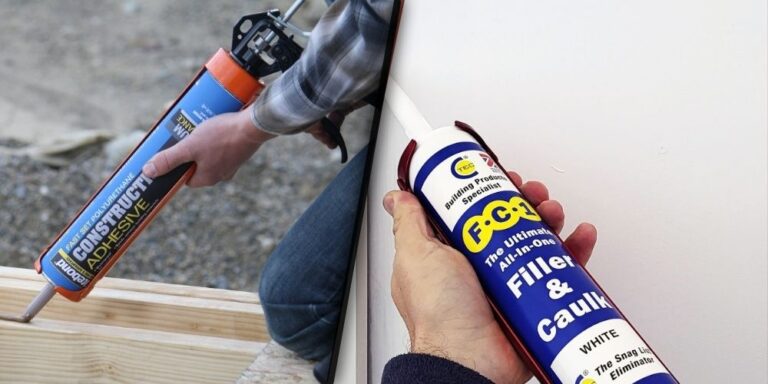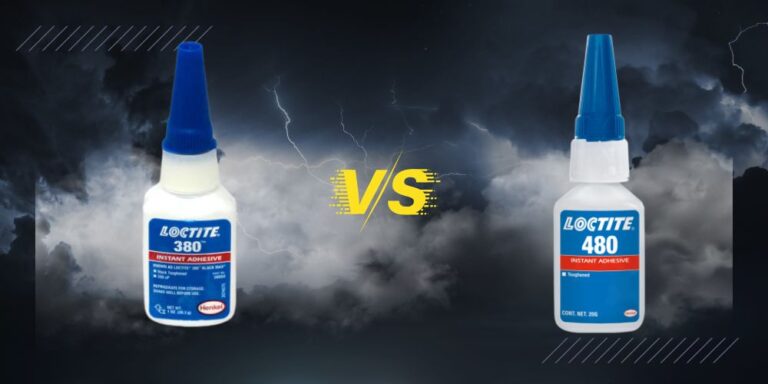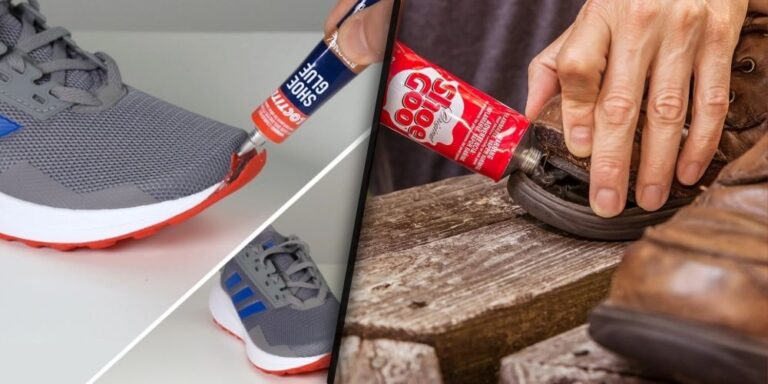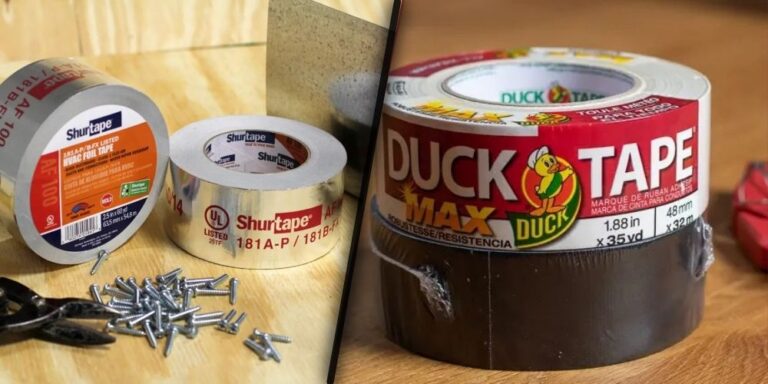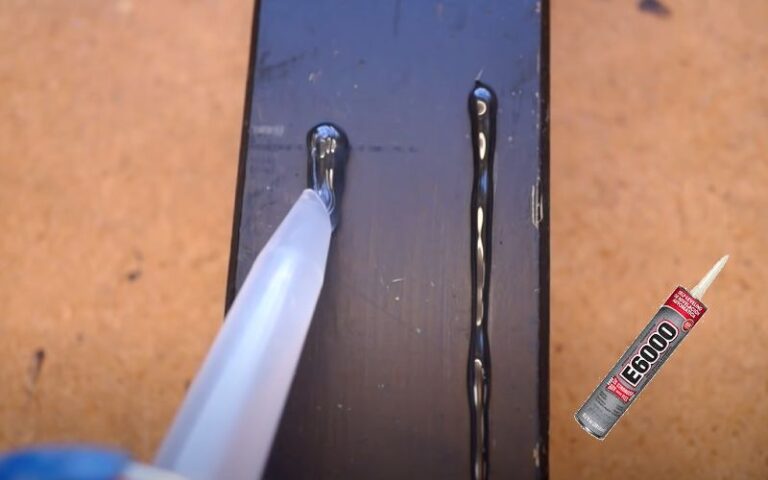Devcon vs. JB Weld: Industrial Bond Comparison
JB Weld vs Devcon
When selecting the right adhesive for your repair needs, understanding the differences between JB Weld and Devcon can be crucial. Here, we will delve into the specifics of each product to better inform your decision.
Understanding JB Weld
JB Weld is a versatile and convenient option for a range of repairs. Commonly recognized from automotive applications, it offers a strong and durable bond suitable for various materials. JB Weld’s appeal lies in its ease of mixing and application. The epoxy mix applies smoothly and forms a highly robust bond, sometimes surpassing the strength of the materials it joins.
For optimal results, it is recommended to apply JB Weld to a clean, roughened surface. Roughness increases the bonding surface area, enhancing mechanical bonding. Additional reinforcements can also amplify the joint’s strength (Popular Mechanics). While JB Weld is effective for many automotive repairs, especially smaller or non-structural ones, traditional welding or brazing might still be preferred for critical structural or high-load applications (Quora).
For users who need information about specific applications, such as does JB Weld work on brass, does JB Weld work on plastic, or how long does it take for JB Weld to dry, specific resources are available.
Understanding Devcon
Devcon, on the other hand, is a prominent choice in the world of industrial adhesives, particularly favored by gunsmiths for bedding compounds (SnipersHide). Devcon epoxies are renowned for their quick hardening time, typically curing in about 4-6 hours compared to JB Weld’s slower 24-hour duration (SnipersHide).
Devcon offers robust performance and superior bonding capabilities, making it suitable for demanding applications and structural repairs. Its fast cure time makes it a go-to option when time efficiency is critical. The high-strength bond and durability provided by Devcon make it an excellent alternative to more labor-intensive methods like welding or brazing for certain applications.
Below is a table summarizing key aspects of JB Weld and Devcon:
| Feature | JB Weld | Devcon |
|---|---|---|
| Cure Time | 24 hours (SnipersHide) | 4-6 hours (SnipersHide) |
| Preferred Use | Automotive repairs, smaller fixes, non-structural components (Quora) | Bedding compounds, high-strength bonds (SnipersHide) |
| Application Surface | Clean, roughened surface (Popular Mechanics) | Typically applied to metal, commonly used in gunsmithing (SnipersHide) |
Understanding the distinct features and applications of JB Weld and Devcon can help users select the right adhesive for their needs. For further comparisons with other adhesives, such as epoxy vs. super glue or rubber cement vs. super glue, check our related articles.
Strength and Durability
When deciding between Devcon and JB Weld, strength and durability are primary considerations for any repair work. Here’s a detailed comparison of their capabilities in structural repairs and high-load applications.
Structural Repairs
Both JB Weld and Devcon are renowned for their strength and versatility, making them suitable for numerous structural repair tasks.
-
JB Weld:
- JB Weld is effective for various automobile repairs, especially for smaller fixes or non-structural components. However, for critical structural repairs, methods like traditional welding or brazing may be preferred due to their superior strength and reliability (Quora).
- JB Weld forms a robust bond in various test scenarios, such as bonding a 1/2-inch PVC pipe end to end, joining face-to-face poplar blocks, and creating a steel lap joint. Some joints are particularly difficult to break, even with considerable force applied (Popular Mechanics).
-
Devcon:
- Devcon is especially favored by gunsmiths for bedding, offering compounds that can be filled with either steel or aluminum and tinted in two different colors to aid in ratio mixing (SnipersHide).
- Devcon products are known for their exceptional bonding strength and are often used in industrial applications for their ability to maintain durability under stress.
High-Load Applications
High-load applications demand adhesives that can withstand significant stress and strain without failure.
-
JB Weld:
- JB Weld epoxies mix easily and apply smoothly, forming a tenacious bond that can sometimes exceed the strength of the bonded material.
- Although effective, for critical high-load applications, traditional methods like welding are often recommended to ensure maximum safety and durability.
-
Devcon:
- Devcon’s epoxy products are designed to handle high-load applications, making them suitable for industrial use where robust and long-lasting bonds are essential.
- Devcon compounds, including steel and aluminum-filled variants, provide enhanced strength and stability under heavy loads, making them a reliable choice for demanding tasks.
Here is a comparison table summarizing their features for structural and high-load applications:
| Feature | JB Weld | Devcon |
|---|---|---|
| Ideal Use | Smaller fixes, non-structural components | Industrial use, bedding |
| Bonding Strength | High (Potentially exceeding base material) | High (Filled compounds for extra strength) |
| Applications | Automotive, small repairs | Gunsmithing, high-load tasks |
| Preferred for Critical Repairs | No (Traditional welding is preferred) | Yes (Reliable under heavy loads) |
For more details on specific glue comparisons, you can check our articles on epoxy vs. super glue and bondo vs. jb weld. These resources provide additional insights into choosing the right adhesive for your needs.
Application and Usage
When comparing Devcon and JB Weld, it’s essential to look at their respective applications. This section examines their usage in automotive repairs and bedding compounds.
Automotive Repairs
JB Weld and Devcon are frequently used in automotive repairs due to their strong adhesive properties and versatility.
JB Weld is known for its convenience in automotive repairs, particularly smaller fixes or non-structural components. It forms an incredibly strong bond that, in some cases, can exceed the strength of the material being bonded. Common applications include repairing engine blocks, exhaust systems, and other metal parts. To achieve the best results, it’s vital to apply JB Weld to a clean, roughened surface, which enhances the bond’s strength through increased surface area and mechanical adhesion.
| Repair Type | Ideal Product | Strength Level |
|---|---|---|
| Exhaust Systems | JB Weld | High |
| Engine Blocks | JB Weld | High |
| Metal Parts | JB Weld | High |
| Non-Structural Fixes | JB Weld | High |
Devcon products also exhibit strong adhesive properties suitable for various automotive applications. They are often used for metal repairs, plastic bonding, and sealing. Similar to JB Weld, roughening the surface prior to applying Devcon maximizes bond strength. While Devcon is reliable for many automotive tasks, critical structural repairs or high-load applications typically prefer traditional methods like welding or brazing over epoxies for their superior strength and durability.
| Repair Type | Ideal Product | Strength Level |
|---|---|---|
| Metal Repairs | Devcon | High |
| Plastic Bonding | Devcon | High |
| Sealing | Devcon | High |
| Structural Repairs | Welding/Brazing | Superior |
For a comparison of adhesive products in automotive applications, visit our article on does jb weld work on exhaust.
Bedding Compounds
When used as bedding compounds, both JB Weld and Devcon offer reliable performance for various applications such as marine and construction projects.
JB Weld excels in bedding compound applications due to its mixable and smooth-applying epoxy. It’s suitable for forming durable, water-resistant bonds that withstand harsh environmental conditions. This makes it an ideal choice for bedding applications in marine environments, where water resistance and robustness are crucial.
| Application Type | Ideal Product | Performance |
|---|---|---|
| Marine Bedding | JB Weld | Excellent |
| Construction Bedding | JB Weld | Excellent |
Devcon offers similar reliability when used as a bedding compound. It is particularly effective for metal and high-stress applications. The product’s strong adhesive capability makes it suitable for construction projects, providing long-lasting bonds that maintain their integrity even under high loads and exposure to elements.
| Application Type | Ideal Product | Performance |
|---|---|---|
| Marine Bedding | Devcon | Excellent |
| Construction Bedding | Devcon | Excellent |
For further details on the use of different adhesives in specific applications, explore our articles on epoxy vs. super glue and rapide fuse vs. super glue.
By understanding the strengths and ideal applications of Devcon and JB Weld, users can make informed decisions, ensuring the best results for their specific repair and construction needs. Whether for automotive use or as bedding compounds, proper application techniques are critical for achieving maximum effectiveness and durability.
Hardening Time Comparison
When choosing between adhesive options like JB Weld and Devcon, the hardening time is a crucial factor. We will compare the curing times for these two popular industrial bonding agents.
Cure Time of JB Weld
JB Weld is known for its slow hardening time, which can be an advantage for those needing to make adjustments during the application process. This extended cure time can be beneficial for precision tasks.
| Adhesive | Hardening Time |
|---|---|
| JB Weld | 24 hours |
The 24-hour hardening period allows for thorough penetration and secure bonding but necessitates patience and planning. For more information on JB Weld applications, check out our articles on does JB Weld work on brass and how long does it take for JB Weld to dry.
Cure Time of Devcon
Devcon is often favored for its faster curing time. This adhesive sets much quicker than JB Weld, making it ideal for projects that need a rapid turnaround.
| Adhesive | Hardening Time |
|---|---|
| Devcon | 4-6 hours |
With a curing time of just 4-6 hours, Devcon is particularly suitable for projects requiring speedy completion (SnipersHide). However, its faster setting time might limit the opportunity for adjustments during application. For a deeper dive into Devcon’s uses, see our comparisons on wood glue vs. white glue and 3M VHB vs. Gorilla Tape.
Both JB Weld and Devcon offer unique advantages regarding their hardening times, catering to different project needs and timelines. For more comparisons and insights, consider reading belzona epoxy vs. JB Weld epoxy and PC 7 epoxy vs. JB Weld.
Market Insights
Global Super Glue Market
The global market for super glue, which includes notable brands such as Devcon and JB Weld, has seen a robust growth trajectory. Epoxy-based super glues dominate this market owing to their exceptional bonding strength, versatility, and durability. These adhesives are used extensively across a variety of materials including metals, plastics, ceramics, glass, and wood (Cognitive Market Research).
The accessibility and convenience offered by indirect sales channels further bolster the global reach of these products. These channels include retailers, wholesalers, and online platforms that act as intermediaries, making super glue readily available to consumers around the world.
| Segment | Dominant Category |
|---|---|
| Adhesive Type | Epoxy Super Glue |
| Distribution Channel | Indirect Sales Channels |
The rise in DIY projects has significantly driven market demand. More consumers are engaging in do-it-yourself activities, which necessitates the need for reliable and multi-functional adhesives like super glue. Additionally, the infrastructure and construction industries are major consumers, relying on super glue for its rapid bonding and versatility (Cognitive Market Research).
For further details, explore comparisons such as jb weld vs. gorilla glue and epoxy vs. super glue.
Market Trends in Adhesives
Several trends are shaping the adhesives market, particularly in the context of super glues like Devcon and JB Weld:
- DIY Culture: The increase in DIY activities has spawned greater demand for super glues. Consumers prefer adhesives that offer fast curing times and robust bonding properties, which are essential for varied home improvement projects.
- Construction Growth: Super glue’s versatility makes it an invaluable resource in the construction industry. With ongoing global infrastructure projects, the demand for efficient bonding solutions continues to rise.
- Technological Advancements: Innovations in adhesive technology are leading to the development of glues with enhanced properties, such as higher temperature resistance, better bonding strength, and longer-lasting durability.
- Sustainable Products: There is an emerging demand for environmentally friendly adhesives. Manufacturers are increasingly focusing on producing eco-friendly super glues to cater to this segment of the market.
| Trend | Description |
|---|---|
| DIY Projects | Increased consumer engagement in DIY activities |
| Construction Growth | Rising need for efficient bonding solutions |
| Technological Innovations | Enhanced properties in adhesives |
| Sustainability | Development of eco-friendly super glues |
For more insights into adhesive comparisons, check out articles on wood glue vs. white glue and rubber cement vs. super glue.
Impact of COVID-19
Demand Surge in Pandemic
The onset of the COVID-19 pandemic saw a significant uptick in the demand for adhesives like JB Weld and Devcon. This surge was fueled primarily by the increased popularity of DIY projects and the growing necessity for repairs and maintenance. A prominent reason was the shift to remote work, which provided individuals with more time to engage in home improvement activities.
Additionally, the healthcare sector experienced heightened demand for bonding solutions, including super glues, to meet the needs for quick fixes and rapid bonding capabilities. This amplified demand during the pandemic particularly highlighted the versatility of adhesives in various materials like wood, metal, plastic, and ceramics (Cognitive Market Research).
Supply Chain Disruptions
While the demand for adhesives soared during the pandemic, the supply chain faced multiple disruptions. Manufacturing operations were impeded due to lockdowns and labor shortages, resulting in production delays. Additionally, logistical challenges further strained the supply chain, causing difficulties in the timely distribution of these products.
The decline in consumer spending in non-essential sectors also affected market growth. Many consumers prioritized essential goods over items like adhesives, impacting their sales dynamics. Despite these challenges, the adhesive industry navigated through the disruptions to meet the rising demand (Cognitive Market Research).
For further insights into different types of adhesives and their specific applications, you can explore articles related to rapid fuse vs. super glue or loctite pl marine vs. 5200, which provide detailed comparisons and usage scenarios.
